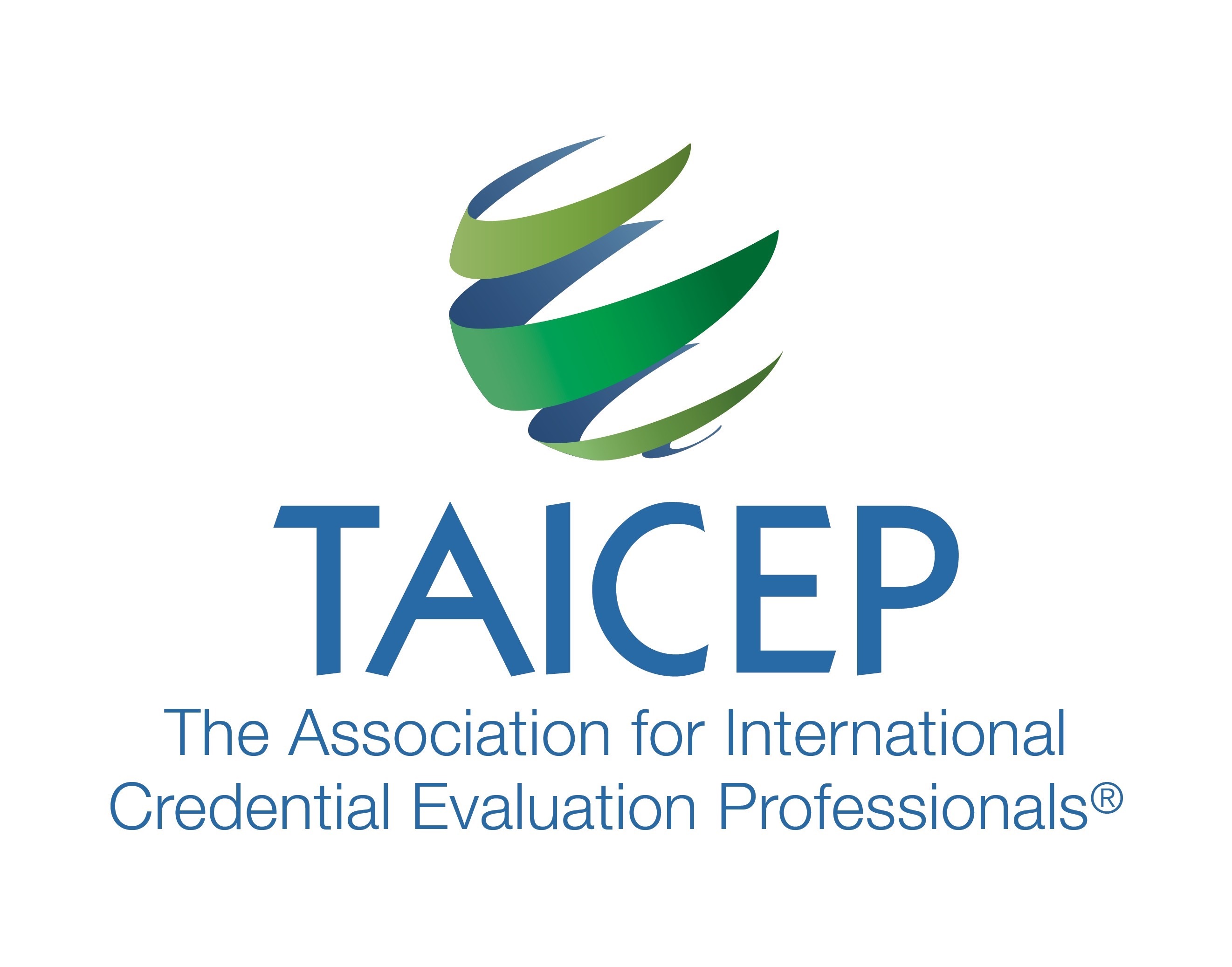Written by: Karin Sikström and Elisabeth Sundelin, Swedish Council for Higher Education
A unique cooperation between Swedish universities.
VO is an organization that connects admission officers from most universities in Sweden in the assessment of international credentials. Expertise are shared. Resources are used in a cost efficient way. The VO does the assessment, giving the universities the highest possible quality. We believe that the applicant and the university get a perfect match!
VO was established in 2006 and consists of specialists from the Swedish Council for Higher Education and most Swedish university participating in the national admissions system. The organization assesses all applications to both bachelor and master levels, regardless of which university the applicant has applied to!
Why did the universities in Sweden and the Council decide to cooperate in a virtual organization?
In 2004, many universities opened up master programs in English for foreign students. Since there were no student tuitions fees at that time, there were many applications to handle. Today, Higher education in Sweden is free of charge for Swedish students and students from the European Union, European Economic Area and Switzerland.
Each university handled their own applications and assessed documents from all over the world. Some admission offices had no one that had the knowledge required to work with international credentials. Something had to be done and fast!
In 2006, we started cooperating regarding international secondary school credentials, and in 2007, we added the admission to master level programs.
It was very helpful that we already had a national admissions system developed by the Swedish universities together with Swedish Council for Higher Education. All admissions officers have access to it and can view and assess all applicants regardless of which university he or she has applied to. We have a common web site, universityadmissions.se, where the student can make an application.
How the work is organized
To organize the work in VO, we have divided the world in to five groups that roughly represent continents. Two team leaders in each group are appointed to lead the work in the group. The whole organization meets physically twice yearly.
VO officers are hired for longer or shorter periods depending on the need. Officers usually work half their working week for their university, and the other half for the virtual organization. There are about 90 admissions officers working in the organization.
The introductions of newcomers are often held in a smaller group, either as part of one our kick-off meetings or when a new admission round starts. Most of the time, senior VO officers teach other VO officers. Sometimes we may have to take in external experts, for example, from our ENIC-NARIC office. Colleagues also participate in study visits and conferences.
The decisions on how to accept and translate foreign qualifications form the Assessment Handbook. Colleagues in the VO also have guidelines and instructions for their everyday work. VO strictly follows the regulations that have been decided upon by the universities together. Only merits that have been agreed upon will be registered into the system.
VO does all the basic assessments needed in order for the universities to make the final decisions in the processing of a student’s application.
Along these steps, student who do not meet the requirements do not pass on in the process. They will receive a message on the web with information about what they need to do in order to complete their application.
In the last major admission round, VO administered and assessed approximately 40,000 applications from 183 countries.
Has it been all smooth sailing? – No – we have encountered problems along the way.
When we opened the first joint Masters admission round in 2007, the computerized admissions system was not as developed for admissions to advanced level studies, as it is today. This meant that officers had to perform many unnecessary tedious tasks in the system that, on one hand, almost risked the health of the officers and, on the other hand, took much too long. This resulted in us not being able to keep to our planned timetables despite officers working overtime. Now the system is more optimized to our needs. In fact, constant work is done in the field of system management and development.
We were overly optimistic in the beginning as to how much an expert was able to do in a working day. We have now come down to quantities that are more realistic and can thereby calculate the time needed in a more accurate way.
We experienced a slight amount of friction between colleagues in the beginning. We did not know each other and were not completely comfortable with the fact that complete strangers were going to handle applications to our own university.
Staffing the organization was and is a challenge. We are usually just on the brink of having enough people working. We experience that it is easy to start to regard the VO as an organization detached from the universities.
To summarize:
VO provides the necessary preconditions to obtain highest quality possible and a uniform assessment process. All resources are used in a cost efficient way so that all participating universities can better manage their time and receive a qualified assessment of the applicants’ qualifications.
Inside this edition:
President’s Welcome: November 2017 Newsletter
Committee Updates: November 2017 Newsletter
Education and Licensure of Health Care Professionals in the USA: November 2017 Newsletter
International Secondary Schools: Whose Education System Is it, Anyway? November 2017 Newsletter
Memoriam to Sandy Gault: November 2017 Newsletter
TAICEP Elections: November 2017 Newsletter
TAICEP Strategic Plan: November 2017 Newsletter
TAICEP News: November 2017 Newsletter
Add to Your Library: November 2017 Newsletter
Recent TAICEP Events: November 2017 Newsletter
Upcoming TAICEP Events: November 2017 Newsletter
From the TAICEP Website: November 2017 Newsletter
Notes from the Field: November 2017 Newsletter

